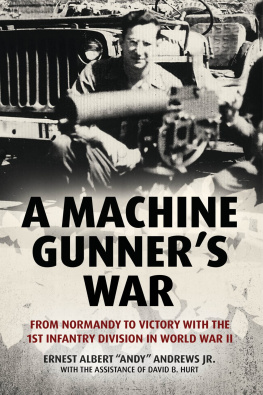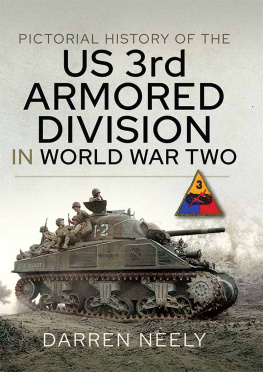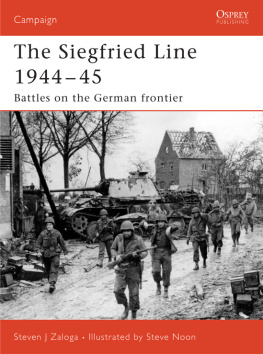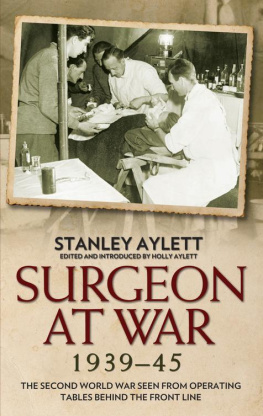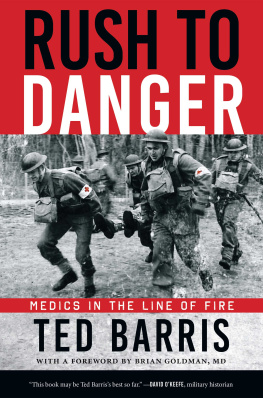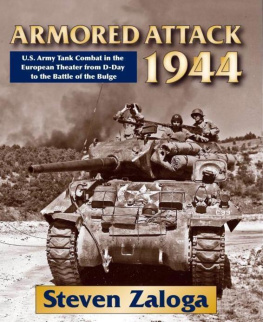Uncle Ted
Copyright 2021 by Barbara Gibby. All rights reserved.
No part of this publication may be reproduced, stored in a retrieval system or transmitted in any way by any means, electronic, mechanical, photocopy, recording or otherwise without the prior permission of the author except as provided by USA copyright law.
The opinions expressed by the author are not necessarily those of URLink Print and Media.
1603 Capitol Ave., Suite 310 Cheyenne, Wyoming USA 82001
1-888-980-6523 |
URLink Print and Media is committed to excellence in the publishing industry.
Book design copyright 2021 by URLink Print and Media . All rights reserved.
Published in the United States of America
Library of Congress Control Number: 2021905633
ISBN 978-1-64753-743-2 (Paperback)
ISBN 978-1-64753-747-0 (Hardback)
ISBN 978-1-64753-746-3 (Digital)
04.03.21
INTRODUCTION TO UNCLE TED
S till a small man fifty years later, Uncle Ted sat at the table telling stories of family and his World War II experiences. He weighed little more than 140 pounds, still small enough to slip into a gunners position of a B-17 as he had once done 65 years ago. He was the family entertainer, the storyteller who frequently ended a story with a soft chuckle. He had kept nieces and nephew entertained for hours as they sat around the kitchen stove listening to his Popeye tales or about his freight hopping days. He had been the adventurer, the risk taker in the family of eight children, with its five boys. Teds youthful years had occurred in the 1930s and 1940s. The world was making some of its biggest changes.
Ted was drafted into the U.S. Army infantry nine months before World War II started. Once he realized how tough the life of a grunt could really be he figured a way to transfer from the U.S. Army Infantry to the U.S. Army Air Corps, as quickly as he could. He served more than three years with the Air Corps before the United States made the decision to cut back on airmen. There was a bigger demand for foot soldiers by late 1944. He was returned to the Army Infantry in the fall of 1944, as a replacement. By V.E. Day in May he had earned enough points to get his discharge from the army. Instead, not by choice, he was transferred to the United States Army Engineer Division as part of the forces that were scheduled to invade Japan in the fall of 1945.
Teds stories were entertaining but I didnt know enough about the history of World War II to know how they fit into the sequential events of history? And so I set out to do some research! I had been born just as the war was building. As a small child I could hear the adults talk. I could hear the roar of big airplane motors flying overhead at night, keeping surveillance on the coastal shores as I tried to sleep. It was a sound I can still recognize readily if I hear it. We sat in swings at our grade school, and in a pretend world shot down Japs because our parents had indicated it had to be done. And that was about all I really knew. And, so I began an obsessive six-year study to read, research, interview and reinterview my uncle. Once I had a better idea of the overall picture I became fascinated by his stories.
What I learned was that the United States had been slow to respond to Europes crisis. Europe had been having financial troubles since the 1930s. Germany hadnt expected to lose The Great War of 1914 and when the world demanded retribution for damages the country was sent into an economic and emotional tailspin. In the 1930s, millions of Germans were without jobs and adequate incomes. Hitler entered the picture like a saviour to Germans in their desperation. His solution was to develop a new mixture of nationalism, militarism and totalitarianism, otherwise called Fascism. To the people it seemed to hold the promise for recovery. Hitlers speeches mesmerized the German citizens from 1933 to 1940 as he promised to rebuild Germany into a mighty empire that would last a thousand years. He vowed to win back Germanys past glory. But they would Need more land, more raw energy sources. It was what a defeated people wanted to hear. Hitler had served in World War I, starting as a private and rising only to the rank of corporal. He had been wounded in the leg and decorated twice.
Hitler quietly annexed Austria to Germany in March 1938. When no protests were made, he took half of Czechoslovakia according to the Munich Agreement with the consent of France and England. The next year, Hitler confiscated the rest of Czechoslovakia. Each time, more land was captured and each time Hitler denied having any thoughts of taking more. His first ground attack was on September 1, 1939, in Poland. France and England reacted by declaring war on Germany. This was called the Phony War. Poland was captured before anyone could do much about it. Poland didnt have the military power to resist and no other country made military retaliations against Germany.
Russia, looking for a new port reached out to take new land from Finland in November 1939 to March 1940.
By the spring of 1940, Germany easily walked into other countries: Denmark, Norway, Belgium, Luxembourg and the Netherlands. Impressed by the easy wins of the Germans, Italy joined forces with the Nazis and together they captured France on June 10, 1940. And Russia went on to invade Estonia, Latvia and Lithuania along the Baltic Sea.
Britain now seemed to be alone in its fight against Hitler. Hitler started bombing England in August 1940 as the Luftwaffe tried to conquer England and the RAF from the air. England under went brutal aerial attacks from 1940 to 1941. Germany thought they had succeeded in subduing the RAF in September and moved on to bombing London and other large cities in England. England and its Air Force stubbornly hung on during this time called the Battle of Britain.
Uncle Sam began its first peacetime draft registration for Americans in September 1940 as Roosevelt organized four National Guard divisions. On October 29, 1940 the National Lottery was initiated and seventeen thousand men ranging from the ages of 21 to 35 were drafted that November. It was a bit unusual to draft men before a declaration of war had been made. The American people were still reacting to World War I, the one that was supposed to be the one to end all wars. Yet, war seemed to be back bigger than ever. The worlds countries were all gradually pulled into it, some more reluctantly than others. It was odd that in 1940 the United States was one of the more powerful nations in the world with an army that ranked only 18 th in size. Roosevelt followed the peoples will to remain neutral, at least for a while. So our country stood by and watched as France and the northern European countries were pushed into submission and Hitler began his reign of terror. The U.S. finally imposed military embargoes on shipments from Japan but they had chosen not to be much tougher than that until Japan bombed Pearl Harbor.
In most ways Ted was a nave farm boy, with a bit of rebelliousness about him, when he was first drafted into the Army. He was the fairly typical image of his generation, with an authoritarian father who ruled the roost and a mother who stayed home to raise the children. Ted carried a unique balance of both obedience and rebelliousness. He started jumping freight trains as a teenager, especially when he wanted to get some space away from the family farm. The world was still reeling from the major depression of the 1930s. He had already seen how adults reduced emotional pain with alcohol. His military records listed him as having a 9 th grade education and that is about the time he began his search for independence at the early age of 14 or 15. He dropped out of high school in the fall of his sophomore year.



